The two World Wars were the last interstate conflicts where belligerents were more or less evenly matched. [Read part one here.]
The end of the Cold War saw an outbreak of hostilities in several countries that comprised the Soviet bloc. The most important and notable among these is the breaking up of the former Republic of Yugoslavia. Kaldor described these conflicts as “new wars.” According to her, these wars were the result of eastern Europe opening up to the rest of the world.
Similarly, these wars have their basis in identity politics be it national, religious, linguistic or even ethnic. However, Kaldor’s distinction of these new wars from those of the past is based on the erosion of state’s monopoly of legitimate organized violence. As a result, new wars are a reversal of the process through which modern states evolved. She also argues that new wars are akin to guerrilla warfare aimed at sowing “fear and hatred.”
The problem with Kaldor’s new wars thesis is that it suggests the erosion of state’s authority and thereby reversal of the process of state formation. Much of the Balkans was controlled by the Ottoman and Austro-Hungarian Empires until the end of World War I. The creation of Yugoslavia brought together people of different ethnic identities. Even the contemporary Middle East came into existence because of arbitrary arrangements, thanks to the waning Ottoman Empire, between Great Britain and France around the same time.
As a result, these regions did not undergo the state formation process as it occurred in Europe. In the case of Yugoslavia, after Marshall Yosef Brod Tito’s death, the federal state weakened. The void that was created due to the waning of communism in Yugoslavia was filled with nationalism. The Serbians, one of the main ethnic groups in Yugoslavia, under Slobodan Milosevic attempted to maintain their hegemony through the federal state. Milosevic and the other nationalists’ evoking of “a weak Serbia ensures a strong Yugoslavia” rhetoric was reminiscent of Adolf Hitler blaming the Jews for the woes Germany faced after the Great War.
Similarly, the argument that Yugoslavia’s breakup was inevitable also holds little merit, despite nationalist passions that sparked it. As one commentator has argued: “Skillful political manipulators whipped up nationalist feelings of fear and victimization into a smoke screen to hide their inability to deal with the seemingly impossible task of rebuilding the Yugoslav economy and government.” The Yugoslavian crisis was about state formation. However, unlike state formation in medieval Europe, where patriotism or some variant of nationalism was evoked to mobilize people, in Yugoslavia, the nation or national identity took precedence.
Standard of Civilization
The conflicts that erupted after the Cold War had some unique repercussions for security. The uniqueness lay in how these issues were addressed by the world powers. The 1990s belonged to the “humanitarian interventionists.” The idea of humanitarian intervention is not new per se. However, attempts were made to codify humanitarian intervention as an acceptable course of action. This was in the backdrop of a number of key events. First, the notion of security itself underwent a massive overhaul. The definition of security was expanded into human security.
As a result of this, warfare, especially conflicts involving NATO, has developed an abstract humanitarian dimension, over and beyond any strategic interests they may have.
This definition first appeared in a United Nations Development Programme report in 1994. The report states that security has been too narrowly interpreted and it doesn’t encompass the daily security needs of the common people. The report identified seven basic elements that comprised human security: economic, food, health, environmental, personal (against torture, war, and personal hazards), community (survival of cultures and physical safety of the community), and political security. Linked to this definition, is the idea of contingent sovereignty, which challenges the norm of non-intervention in the internal affairs of countries.
The notion of human security has come under some criticism. Mark Duffield argues in his book, Development, Security and Unending War: Governing the World of People, that: “While appearing to be new, human security has appeared in the 19th century fears of a social breakdown and also the link between poverty and communism at the time of decolonization.” Similarly, the idea of intervention on humanitarian grounds is also viewed with some suspicion. For one, it has been undertaken very selectively. In the aftermath of the debacle in Somalia, the US refused to intervene in Rwanda during the 1994 genocide.
Humanitarian intervention and human security are, in essence, attempts to circumvent the Treaty of Westphalia (1648), which made sovereignty as sacrosanct; and the Kellogg-Briand Pact (1928), which outlawed the use of war as an instrument of national policy. Human security, and what it comprises, is the new “standard of civilization,” which countries must aspire to. Should they fail to achieve them, their sovereignty becomes contingent and other countries can interfere, even militarily.
As a result of this, warfare, especially conflicts involving NATO, has developed an abstract humanitarian dimension, over and beyond any strategic interests they may have. The reason this dimension is abstract is because the goal is largely utopian. For instance, in 2003, the US and its allies cited the establishment of a vibrant democracy in Iraq as one of their reasons for the invasion. The invading parties measured Iraq against their own socio-political standards, a misguided ambition that ended in disaster.
Since the conclusion of the Great War in 1918, warfare has undergone considerable changes, and continues to do so. Not only warfare’s strategic aspects, but also its social ones, have evolved. What we are seeing today are complex, multi-layered conflicts which may render the conventional explanations like strategic/geo-political interests inadequate. The horror and devastation of trench warfare is a thing of the past. Thanks to radical developments in technology in first-world countries, the conflicts they may get involved in will be largely asymmetrical and localized.
Because of this, as well as limitations in terms of areas of control, current conflicts are not Clausewitzian. Their aims reflect some conventional aspects like territorial control. However, their political goals are based on some highly abstract notions of identity. Similarly, these conflicts are not just confined to states. They involve, even drag, entire populations by design or simply as consequence. Furthermore, their repercussions will be felt across the world because of greater financial and social interconnectedness between an increasingly globalized population.
The views expressed in this article are the author’s own and do not necessarily reflect Fair Observer’s editorial policy.
Support Fair Observer
We rely on your support for our independence, diversity and quality.
For more than 10 years, Fair Observer has been free, fair and independent. No billionaire owns us, no advertisers control us. We are a reader-supported nonprofit. Unlike many other publications, we keep our content free for readers regardless of where they live or whether they can afford to pay. We have no paywalls and no ads.
In the post-truth era of fake news, echo chambers and filter bubbles, we publish a plurality of perspectives from around the world. Anyone can publish with us, but everyone goes through a rigorous editorial process. So, you get fact-checked, well-reasoned content instead of noise.
We publish 2,500+ voices from 90+ countries. We also conduct education and training programs
on subjects ranging from digital media and journalism to writing and critical thinking. This
doesn’t come cheap. Servers, editors, trainers and web developers cost
money.
Please consider supporting us on a regular basis as a recurring donor or a
sustaining member.
Will you support FO’s journalism?
We rely on your support for our independence, diversity and quality.


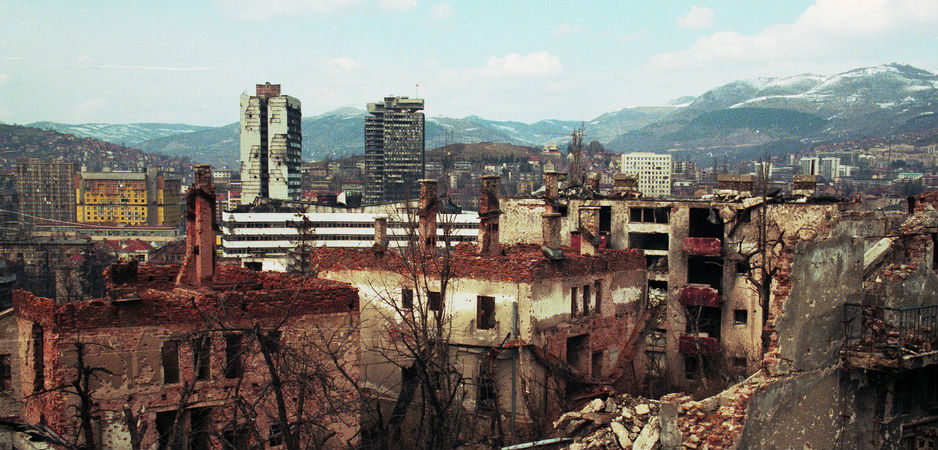







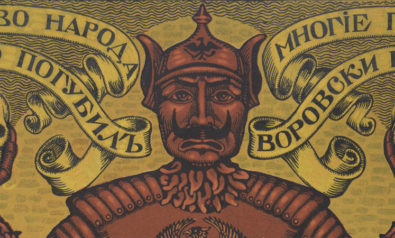
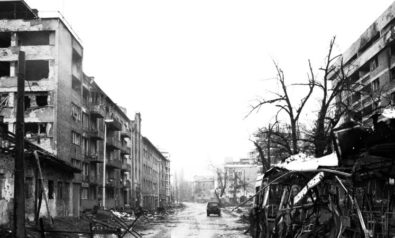








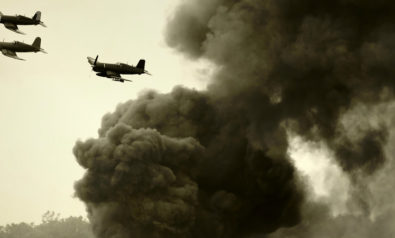
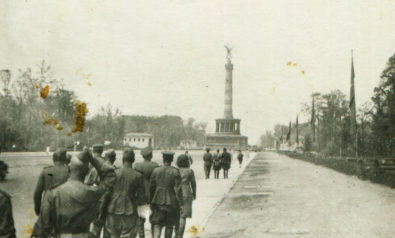





Comment
Very thoroughly researched and presented in a non-partisan manner but with passion. Made interesting and great reading experience. In part one, the humiliating treaty of Versailles reference is put succinctly and well. Good write up. Sharing.